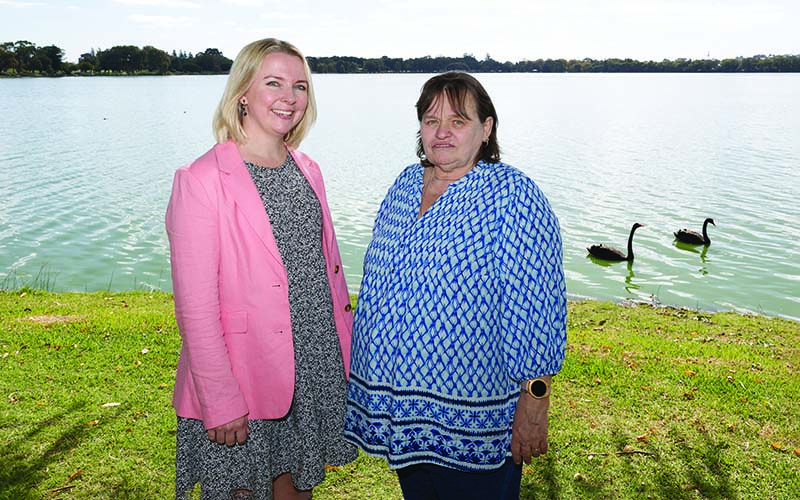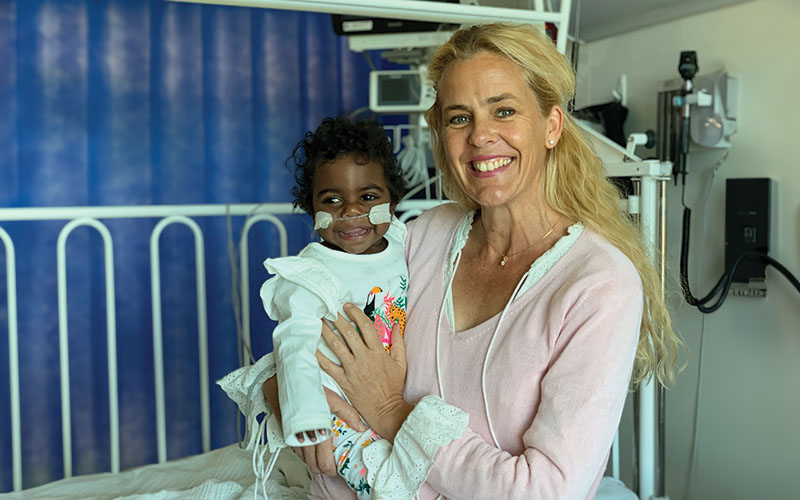Search
Showing results for "aboriginal respiratory"
Infant lung function (ILF) testing may provide useful information about lung growth and susceptibility to respiratory disease.
Remote Aboriginal communities in Australia are located on traditional lands holding deep cultural significance and meaning for residents. However, systemic inequity rooted in colonisation has driven persistent housing and health disparities, with inadequate environmental health conditions within homes and communities a prominent example.
Alex Brown BMed, MPH, PhD, FRACP (hon.), FCSANZ, FAAHMS Professor of Indigenous Genomics +61421278314 alex.brown@anu.edu.au Professor of Indigenous
Australia does not have a national strategy for Aboriginal and Torres Strait Islander adolescent health and as a result, policy and programming actions are fragmented and may not be responsive to needs. Efforts to date have also rarely engaged Aboriginal and Torres Strait Islander people in co-designing solutions. The Roadmap Project aims to work in partnership with young people to define priority areas of health and well-being need and establish the corresponding developmentally appropriate, evidence-based actions.
Opportunities for improved mental health and wellbeing of Aboriginal and Torres Strait Islander children and young people lie in improving the capability of primary healthcare services to identify mental healthcare needs and respond in timely and appropriate ways.
The Lililwan Project was the first Australian population-based prevalence study of fetal alcohol spectrum disorder (FASD) using active case ascertainment. Conducted in 2010-2011, the study included 95% of all eligible children aged 7-9 years living in the very remote Aboriginal communities of the Fitzroy Valley, Western Australia.
Glenn Martyn Pearson Symons BA (Education) PhD Candidate B.A. (Hons) PhD. Director of First Nations Strategy and Leadership; Head, First Nations
Key messages from the abstracts presented at the European Respiratory Society International Congress

In Aboriginal culture, water is life, holding powerful spiritual and cultural significance and acting as a vital source of connection, food and medicine.

Culturally secure intervention to facilitate medical follow up for Aboriginal children, after being hospitalised with chest infections, have proven to improve long-term lung health outcomes.
